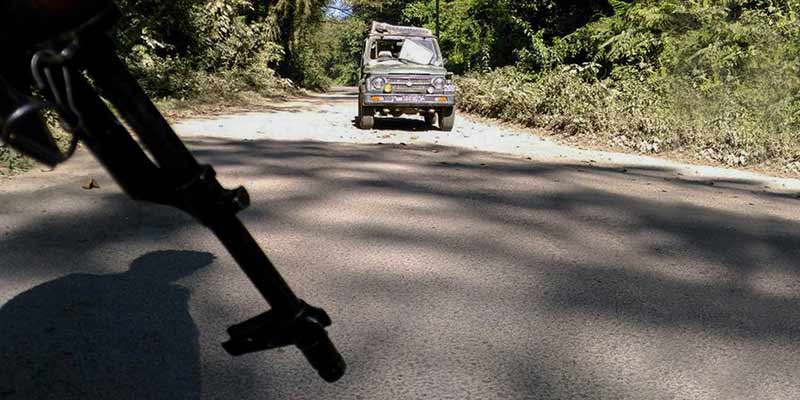- India
- Oct 21
Assam extends AFSPA in 8 districts, one sub-division
• The Assam government said it has extended the Armed Forces (Special Powers) Act, 1958 (AFSPA) in eight districts and one sub-division for six months with effect from October 1, after a review of the law and order situation.
• The government, however, withdrew the controversial law from West Karbi Anglong district as the situation there has considerably improved.
• Districts which continue to be disturbed areas are Tinsukia, Dibrugarh, Charaideo, Sivasagar, Jorhat, Golaghat, Karbi Anglong and Dima Hasao besides Lakhipur sub-division of Cachar in the Barak Valley.
• The Act was imposed in Assam in November 1990 and has been extended every six months since then after a review of the situation by the state government.
• Due to the significant improvement in the situation, the AFSPA was removed with effect from April 1 this year completely from 23 districts and partially from one district of Assam.
What is AFSPA?
• Law and order is a State Subject. However, the central government is supplementing efforts of the state governments for curbing the illegal and unlawful activities of militant/insurgent groups of Northeast states through various measures.
• These include deployment of Central Armed Police Forces, reimbursement of security related expenditure (SRE) to the state governments under SRE scheme, central assistance to the state governments for modernisation of state police forces, sanction of India Reserve Battalions, banning the Unlawful Associations operating in NE region under UAPA, declaring specific areas/states as “disturbed areas” for the purpose of AFSPA and issuing notifications for Unified Command Structure.
• The Armed Forces (Special Powers) Act was enacted in 1958 to enable certain special powers to be conferred upon the members of the Armed Forces in the disturbed areas in Assam and Manipur. It was amended and extended to Arunachal Pradesh, Meghalaya, Mizoram, Nagaland and Tripura.
• The AFSPA gives the Armed Forces sweeping powers to search and arrest, and to open fire if they deem it necessary for “the maintenance of public order”.
• AFSPA is imposed in areas where Armed Forces are required to operate in aid of civil authorities.
• For AFSPA to become valid, an area, however, needs to be declared “disturbed” either by the central or the state government under Section 3 of the 1958 Act.
• The disturbed area notification under AFSPA was completely removed from Tripura in 2015 and Meghalaya in 2018.
• Civil society groups and rights activists have been demanding withdrawal of the AFSPA, from the entire northeast claiming violation of human rights by the armed forces. The cry to repeal the act gained momentum after the death of 14 civilians in firing by security forces in a botched anti-insurgency operation and retaliatory violence in Mon district of Nagaland on December 4, 2021.
Manorama Yearbook app is now available on Google Play Store and iOS App Store

